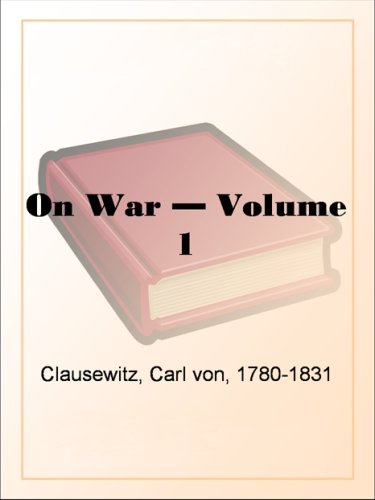Sublime
An inspiration engine for ideas
“The hard decisions,” Ridgway added, “are not the ones you make in the heat of battle. Far harder to make are those involved in speaking your mind about some hare-brained scheme, which proposes to commit troops to action under conditions where failure is almost certain, and the only results will be the needless sacrifice of priceless lives.”
Jean Edward Smith • Eisenhower in War and Peace
“The idea of neglecting Berlin and leaving it to the Russians to take at a later stage does not appear to me to be correct,” Churchill told the British chiefs. Not only would German resistance be stimulated, but when the city fell, the Soviets would be regarded as the real victors in the war and the liberators of central Europe.
Jean Edward Smith • Eisenhower in War and Peace

In addition, most works that seriously considered guerrilla warfare as a military phenomenon did so from the counterguerrilla’s perspective not from the guerrilla’s own. Thus, Gubbins’s genius lay in synthesizing existing ideas into a concise and usable form.
A. R. B. Linderman • Rediscovering Irregular Warfare
There is a school of strategy—it forms the ultimate foundation for this book—which teaches that the best strategy wins without ever engaging in battle at all.
Chet Richards • Certain to Win
“If you find yourself in a fair fight, you didn’t plan your mission properly.” —Colonel David Hackworth
Timothy Ferriss • Tools Of Titans: The Tactics, Routines, and Habits of Billionaires, Icons, and World-Class Performers
Conscription serves to precipitate war, but not to accelerate it —except in the negative sense of accelerating the growth of war-weariness and other underlying causes of defeat. Conscription precipitated war in 1914, owing to the way that the mobilisation of conscript armies disrupted national life and produced an atmosphere in which negotiation
... See moreB. H. Liddell Hart • Why Don't We Learn from History?
War is profitable only if victory is quickly gained. Only an aggressor can hope to gain a quick victory. If he is frustrated, the war is bound to be long, and mutually ruinous, unless it is brought to an end by mutual agreement.
B.H. Liddell Hart • Why Don't We Learn from History?
Other men with imperial experience, among them Ralph A. Bagnold and Dudley Clarke, who were instrumental in the creation of the Long Range Desert Group and the Commandos, respectively, served as intellectual conduits to their organizations. But with regard to SOE itself, Gubbins’s influence was unrivaled.